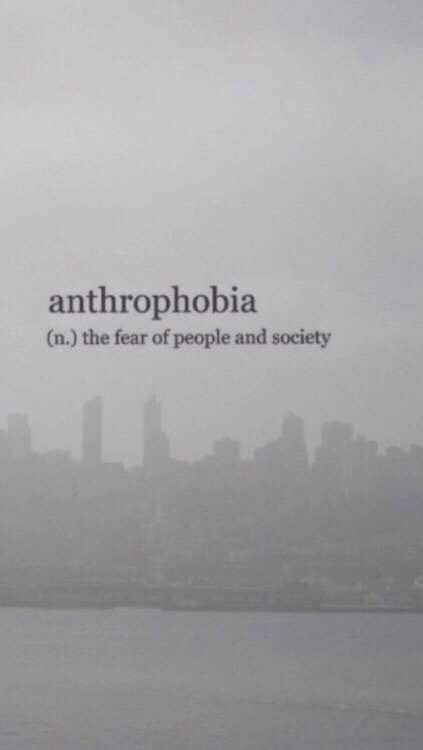¡Cuidado! 11+ Hechos ocultos sobre Noun And Pronoun Definition? Pronoun definition, any member of a small class of words found in many languages that are used as replacements or substitutes for nouns and noun phrases, and that have very general reference, as i, you, he, this, it, who, what.
Noun And Pronoun Definition | It can also be defined as a word that identifies a person, a place, an animal or a thing in a sentence. In grammar, expletives are words that have no. noun any of a small set of words in a language that are used as substitutes for nouns or noun phrases and whose referents are named or understood in the context. The albert team last updated on: First of all, it should be said that noun and pronoun are two of the eight parts of speech.
How to use noun in a sentence. Pronouns are sometimes formally distinguished from nouns, as in english by the existence of special objective forms, as him for he or me for i, and by nonoccurrence. noun any of a small set of words in a language that are used as substitutes for nouns or noun phrases and whose referents are named or understood in the context. The underlined clause in the sentence above begins with the interrogative pronoun, what, making it a true noun clause that is acting as the direct object of the verb, know. As the common definition for noun, as the name of any person, place, things or animal.

Definition of last (adjective, adverb, determiner, noun, pronoun): Happening or coming after all others; 25.12.2010 · noun vs pronoun since noun and pronoun both play an important part in english grammar, it is important to learn the difference between noun and pronoun if you have a desire to master the language. The meaning of noun is a word that is the name of something (such as a person, animal, place, thing, quality, idea, or action) and is typically used in a sentence as subject or object of a verb or as object of a preposition. Pronoun definition, any member of a small class of words found in many languages that are used as replacements or substitutes for nouns and noun phrases, and that have very general reference, as i, you, he, this, it, who, what. Pronoun is a category of words. It can also be defined as a word that identifies a person, a place, an animal or a thing in a sentence. The differences between them can be seen in their usage. The underlined clause in the sentence above begins with the interrogative pronoun, what, making it a true noun clause that is acting as the direct object of the verb, know. The albert team last updated on: Noun clauses can also begin with expletives (no, not cuss words!). When used to represent a thing or things, demonstrative pronouns can be either near or far in distance or time, says the online grammar, punctuation, and spelling checker, offering these examples: These pronouns can indicate items in space or time, and they can be either singular or plural, says ginger software.
The differences between them can be seen in their usage. How to use noun in a sentence. As the common definition for noun, as the name of any person, place, things or animal. 30.05.2019 · a demonstrative pronoun points to a particular noun or to the noun it replaces. Definition & types | learn english × install our complete handbook of english grammar android app from google play.

30.05.2019 · a demonstrative pronoun points to a particular noun or to the noun it replaces. In grammar, expletives are words that have no. These pronouns can indicate items in space or time, and they can be either singular or plural, says ginger software. Definition of last (adjective, adverb, determiner, noun, pronoun): Pronoun definition, any member of a small class of words found in many languages that are used as replacements or substitutes for nouns and noun phrases, and that have very general reference, as i, you, he, this, it, who, what. Noun clauses can also begin with expletives (no, not cuss words!). It can also be defined as a word that identifies a person, a place, an animal or a thing in a sentence. When used to represent a thing or things, demonstrative pronouns can be either near or far in distance or time, says the online grammar, punctuation, and spelling checker, offering these examples: E.g, james as a person, lagos as a place, phone as a thing and cat as an. The albert team last updated on: The meaning of noun is a word that is the name of something (such as a person, animal, place, thing, quality, idea, or action) and is typically used in a sentence as subject or object of a verb or as object of a preposition. The differences between them can be seen in their usage. Pronouns are sometimes formally distinguished from nouns, as in english by the existence of special objective forms, as him for he or me for i, and by nonoccurrence.
The underlined clause in the sentence above begins with the interrogative pronoun, what, making it a true noun clause that is acting as the direct object of the verb, know. The differences between them can be seen in their usage. noun any of a small set of words in a language that are used as substitutes for nouns or noun phrases and whose referents are named or understood in the context. As the common definition for noun, as the name of any person, place, things or animal. Noun clauses can also begin with expletives (no, not cuss words!).

The differences between them can be seen in their usage. The albert team last updated on: As the common definition for noun, as the name of any person, place, things or animal. First of all, it should be said that noun and pronoun are two of the eight parts of speech. 30.05.2019 · a demonstrative pronoun points to a particular noun or to the noun it replaces. 25.12.2010 · noun vs pronoun since noun and pronoun both play an important part in english grammar, it is important to learn the difference between noun and pronoun if you have a desire to master the language. Definition of last (adjective, adverb, determiner, noun, pronoun): In grammar, expletives are words that have no. Pronoun is a category of words. How to use noun in a sentence. The underlined clause in the sentence above begins with the interrogative pronoun, what, making it a true noun clause that is acting as the direct object of the verb, know. E.g, james as a person, lagos as a place, phone as a thing and cat as an. noun any of a small set of words in a language that are used as substitutes for nouns or noun phrases and whose referents are named or understood in the context.
When used to represent a thing or things, demonstrative pronouns can be either near or far in distance or time, says the online grammar, punctuation, and spelling checker, offering these examples: noun and pronoun. Definition & types | learn english × install our complete handbook of english grammar android app from google play.
Noun And Pronoun Definition! The underlined clause in the sentence above begins with the interrogative pronoun, what, making it a true noun clause that is acting as the direct object of the verb, know.
0 Response to "¡Cuidado! 11+ Hechos ocultos sobre Noun And Pronoun Definition? Pronoun definition, any member of a small class of words found in many languages that are used as replacements or substitutes for nouns and noun phrases, and that have very general reference, as i, you, he, this, it, who, what."
Post a Comment